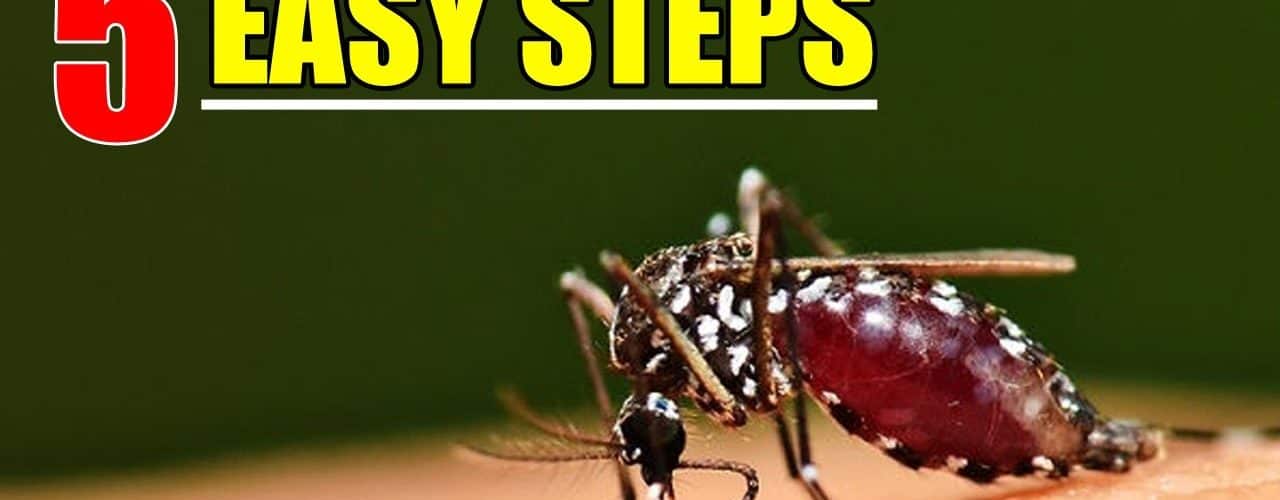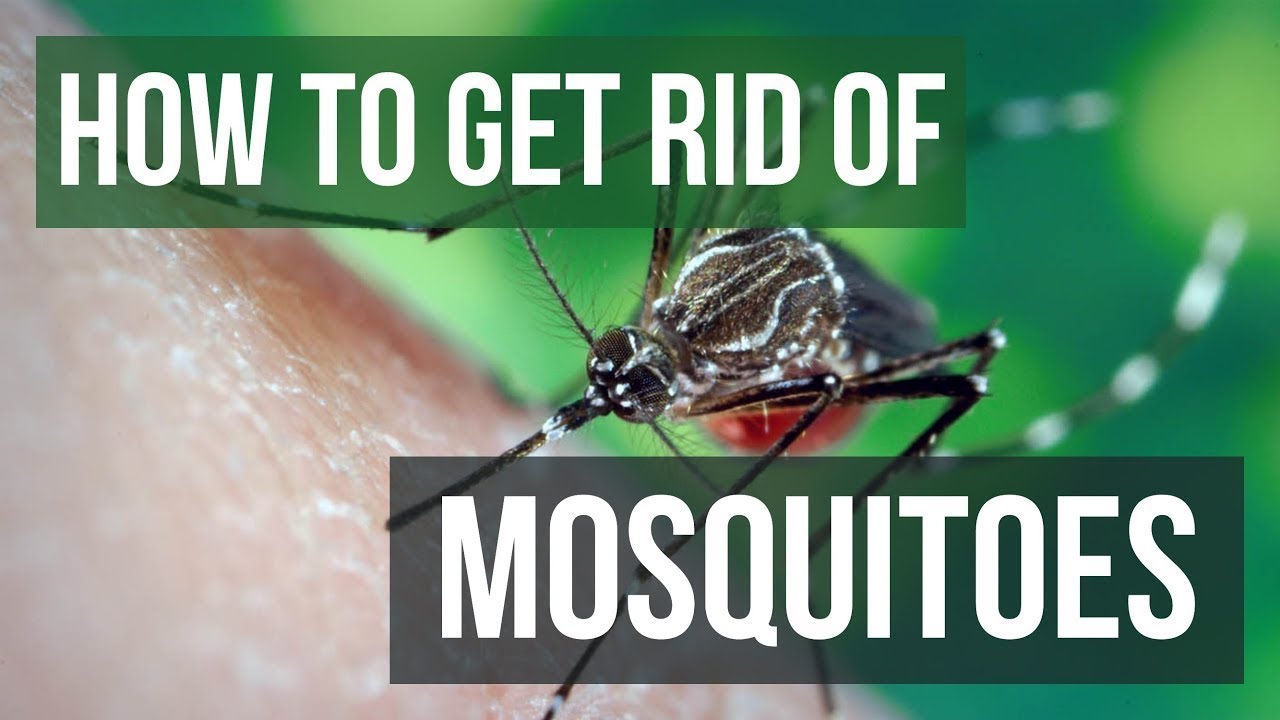The relentless buzzing of mosquitoes can be an annoyance, but blind mosquitoes pose a unique challenge. These tiny pests lack eyes, making them exceptionally elusive and difficult to eliminate. If you find yourself battling these pesky intruders, fear not! This comprehensive guide will empower you with the knowledge and foolproof methods to get rid of blind mosquitoes effectively.

Image: thehousingforum.com
Blind Mosquitoes: A Hidden Menace
Blind mosquitoes, scientifically known as Anuphomyia wellsi, are a species of flies that have lost their eyesight through evolutionary adaptation. Their wings are adorned with patterns resembling intricate lace, and their antennae are short and stocky. These mosquitoes are primarily found in damp areas, such as swamps, marshes, and the edges of lakes.
Nocturnal Prowlers
Blind mosquitoes are nocturnal creatures, meaning they are most active at dusk and dawn. This makes them difficult to spot during the day, as they tend to hide in vegetation and dark corners. However, their persistent buzzing can be an indicator of their presence.
Dethroning the Blind Mosquito Supremacy
Exterminating blind mosquitoes requires a multi-faceted approach that targets both the adult insects and their breeding grounds. Here’s a comprehensive strategy to help you regain supremacy over your home:

Image: www.allbugs.com.au
Enlist the Power of Predators
Certain predators, such as dragonflies, bats, and birds, prey on blind mosquitoes. Attracting these natural predators to your yard by installing birdhouses, bat boxes, and creating a conducive environment for dragonflies can effectively reduce mosquito populations.
Eliminating Breeding Havens
Blind mosquitoes breed in stagnant water bodies. Regularly clean and empty any containers that may collect rainwater or debris, such as birdbaths, clogged gutters, and unused tires. Maintaining a tidy yard and removing sources of standing water significantly hinders their breeding.
Chemical Warfare: Mosquito Larvicides
Mosquito larvicides are chemical agents specifically designed to target mosquito larvae in their breeding grounds. These larvicides are applied to standing water bodies and disrupt the larvae’s growth and development. Bacillius thuringiensis israelensis (Bti), a naturally occurring bacteria, is a safe and effective larvicide widely used for mosquito control.
Fogging and Adulticides
Fogging and adulticides are methods that involve the release of chemical agents into the air to kill adult mosquitoes on contact. Fogging is typically done using a specialized machine that disperses the insecticide in the form of a mist. Adulticides, on the other hand, are sprayed directly onto surfaces where mosquitoes tend to rest, such as walls, eaves, and vegetation.
Personal Protection: Repellents and Clothing
Preventing mosquito bites is crucial to protect yourself from their nuisance and potential disease transmission. Wear long-sleeved clothing, pants, and socks to create a physical barrier against mosquitoes. Additionally, apply insect repellent containing DEET, picaridin, or IR3535 to exposed skin, following the label instructions carefully.
Expert Tips for Success
Seasoned mosquito control experts offer valuable advice for effectively eliminating blind mosquitoes. Here are their top tips:
Attack During Peak Activity
Mosquitoes are most active at dusk and dawn. Time your mosquito control efforts during these periods to maximize effectiveness.
Optimize Insecticide Application
When using chemical insecticides, ensure they are applied according to the manufacturer’s instructions. Inadequate application can reduce effectiveness and result in mosquito resurgence.
Combine Methods for Synergy
Combining several mosquito control methods, such as eliminating breeding sites, applying larvicides, and using adulticides, provides a synergistic effect and enhances results.
FAQ: Unraveling Mosquito Mysteries
Here are answers to some frequently asked questions about blind mosquitoes:
- Q: Do blind mosquitoes transmit diseases?
A: Blind mosquitoes have not been found to transmit diseases to humans. - Q: Can blind mosquitoes bite humans?
A: Blind mosquitoes have biting mouthparts and can feed on human blood. - Q: What attracts blind mosquitoes to humans?
A: Blind mosquitoes are attracted to carbon dioxide, heat, and moisture, which are all emitted by humans.
How To Get Rid Of Blind Mosquitoes
Conclusion: Regaining Control
Getting rid of blind mosquitoes requires a proactive and comprehensive approach. By understanding their biology, eliminating breeding grounds, and implementing effective control measures, you can effectively reclaim your outdoor spaces from these persistent pests. Remember, a combination of strategies is key to success. Now that you have armed yourself with the knowledge and techniques in this guide, take action and enjoy a mosquito-free environment once more.
Are you interested in learning more about blind mosquitoes and their elimination? Share your thoughts and questions in the comments below.